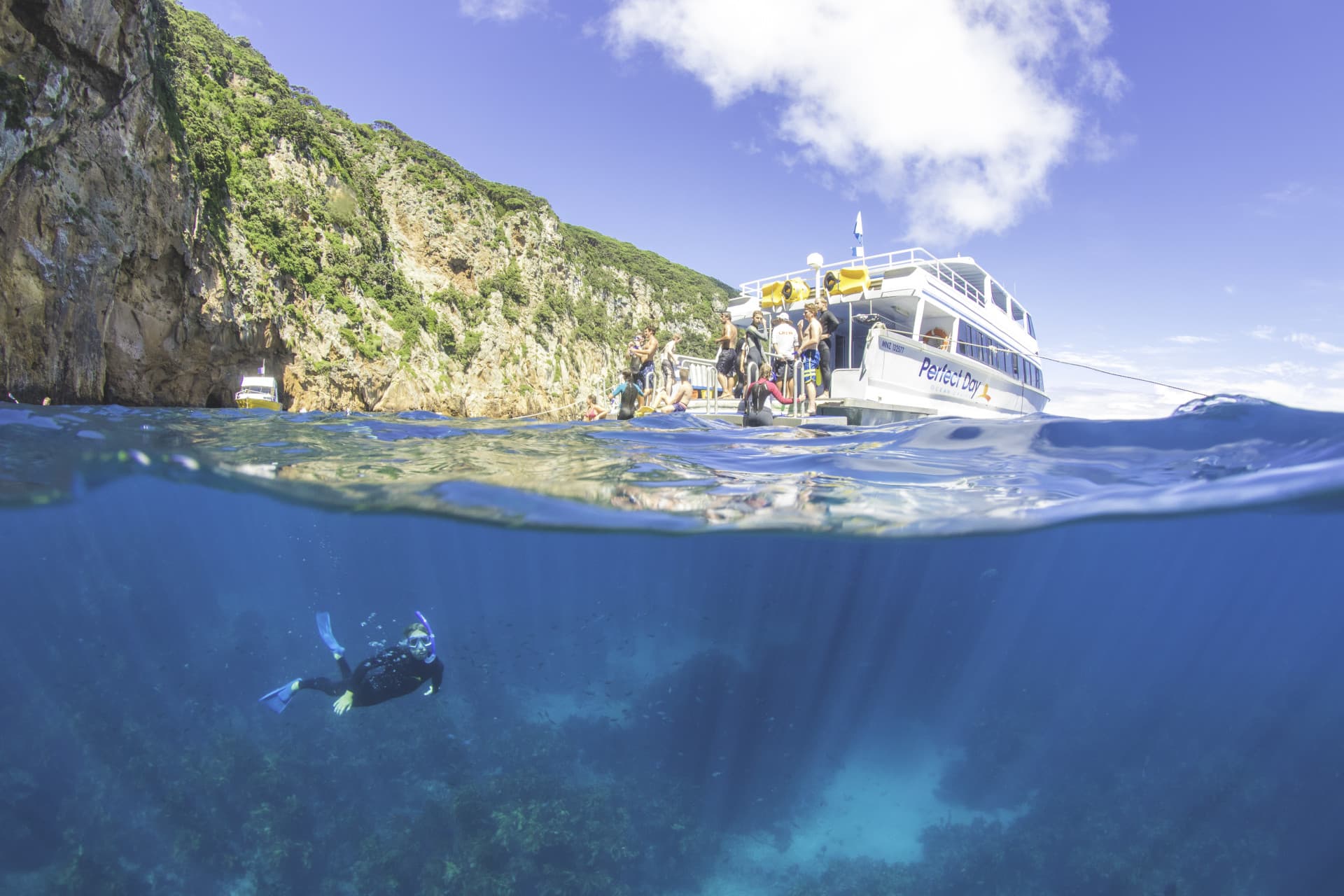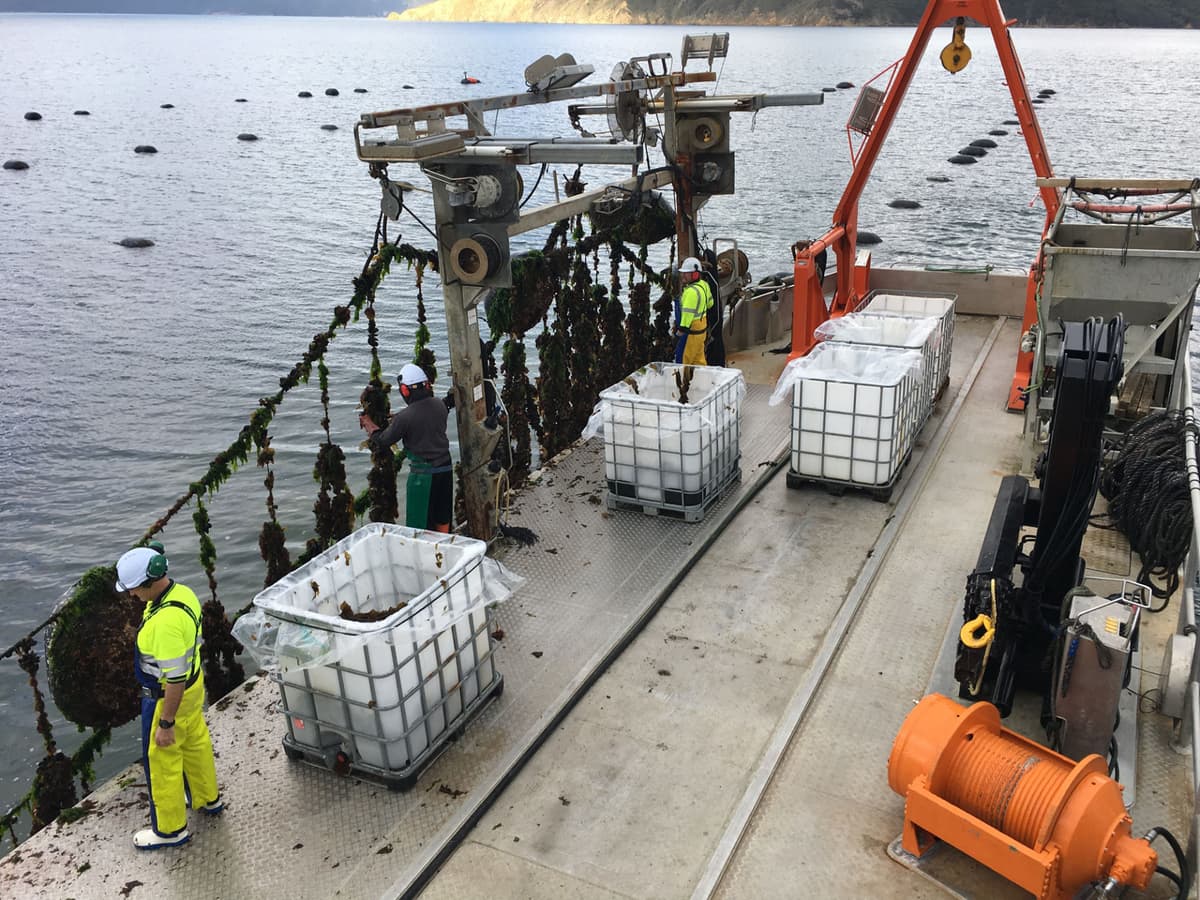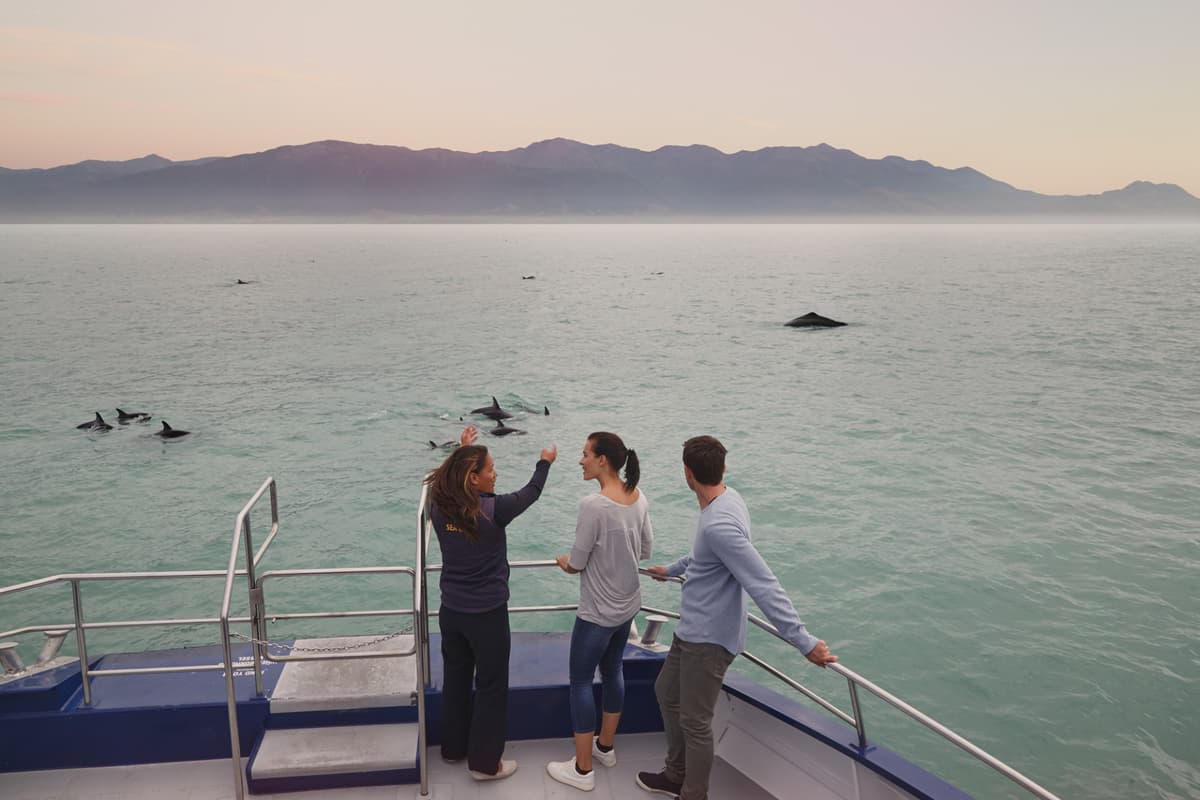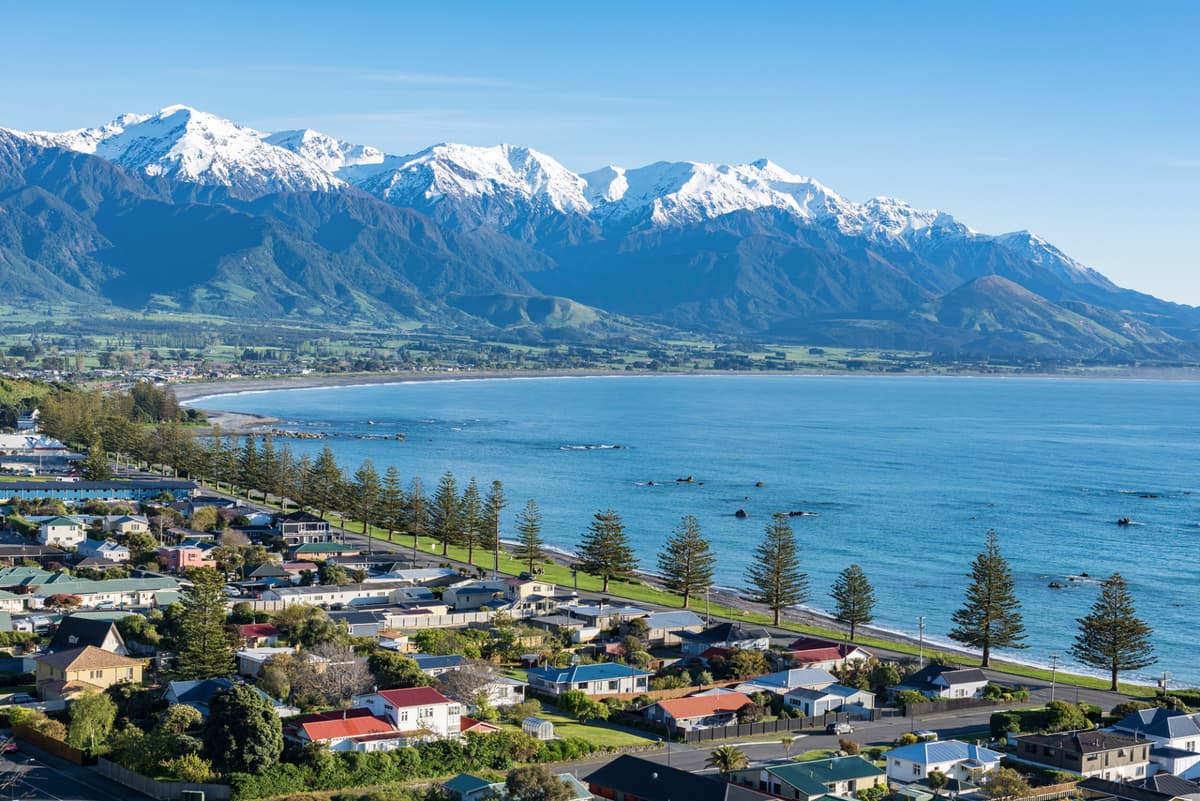

Developing marine ecotourism that embraces regenerative principles and supports a blue economy.
| Project Leader | Duration | Budget |
|---|---|---|
| Simon Milne (AUT) & Chris Rosin (Lincoln University) | December 2020 – July 2023 | $500,000 |
Before Covid-19, tourism contributed 9.8% GDP, $40.9 billion and 14.4% national employment (StatsNZ, 2019). While Covid-19 has diminished the country’s most valuable export sector (tourism), it is also a catalyst to develop more sustainable experiences.
Our extensive coastline and unique marine environment places Aotearoa New Zealand in an excellent position to develop marine ecotourism that embraces sustainability/regenerative principles and supports a blue economy. But our understanding of marine ecotourism and how it connects to the blue economy is lacking. Marine ecotourism is an area often overlooked by policy makers and the connections to the spiritual, cultural, social, environmental, and economic well-being of communities is largely unexplored.
To develop marine ecotourism activity that embraces sustainability/regeneration and supports a blue economy, we need to understand where we are now, where we want to go, and how we will get there.
Drawing on mātauranga Māori, this project aims to develop marine ecotourism from low impact ecosystem-based management (EBM) principles. We are using innovative approaches to identify, investigate, and achieve the desired outcomes. Key to this is forming a network that enables cross-sectoral learning and can drive and enact change.
We are working in partnership with iwi, industry, government and community, to:
This research will include wānanga with case communities and mātauranga experts in factors that contribute to te Taiao, and participation in existing marine ecotourism activities. An iterative process of adaption and collaboration across sectors and cultures will enable knowledge exchange and learning to develop tools and frameworks that support the development of marine ecotourism.
Simon Milne (AUT)
Chris Rosin (Lincoln University)
Keri-Anne Wikitera (AUT)
Carolyn Deuchar (AUT)
Joanna Fountain (Lincoln University)
Helen Fitt (Lincoln University)
Eilidh Thorburn (AUT)
Webinar: Marine ecotourism – Where are we now and where are we going?
This project has produced or contributed to:



